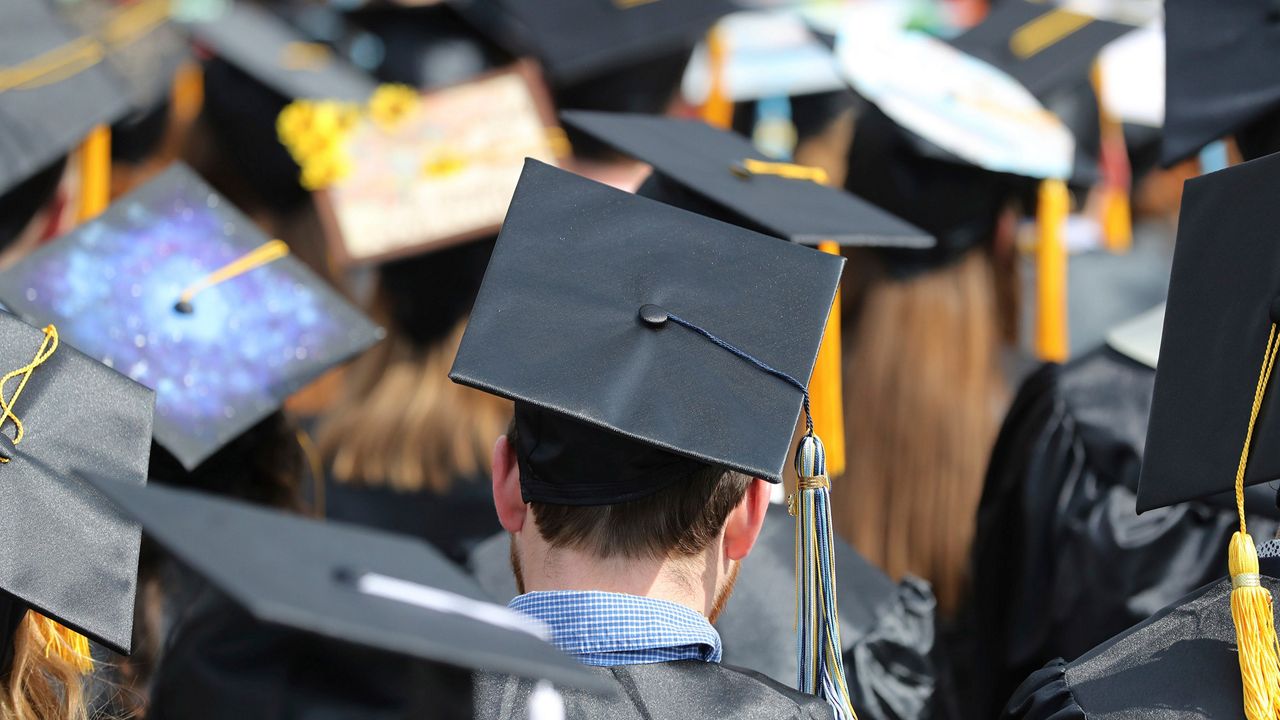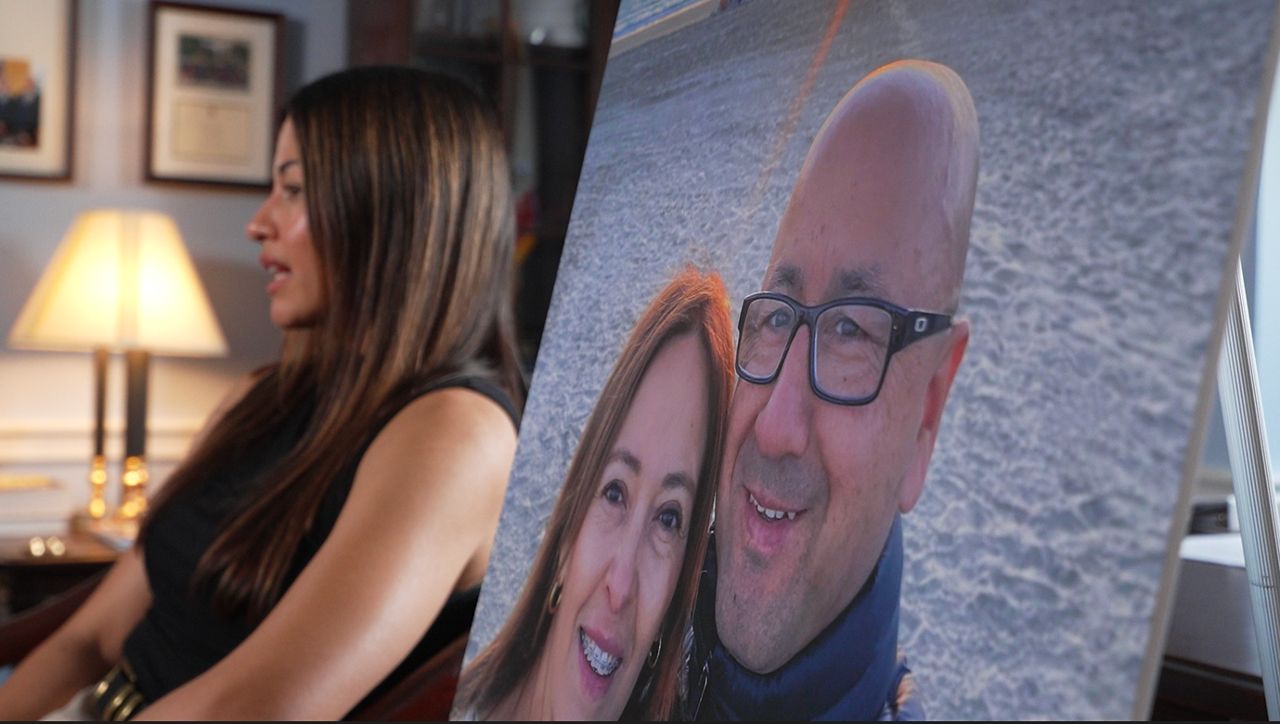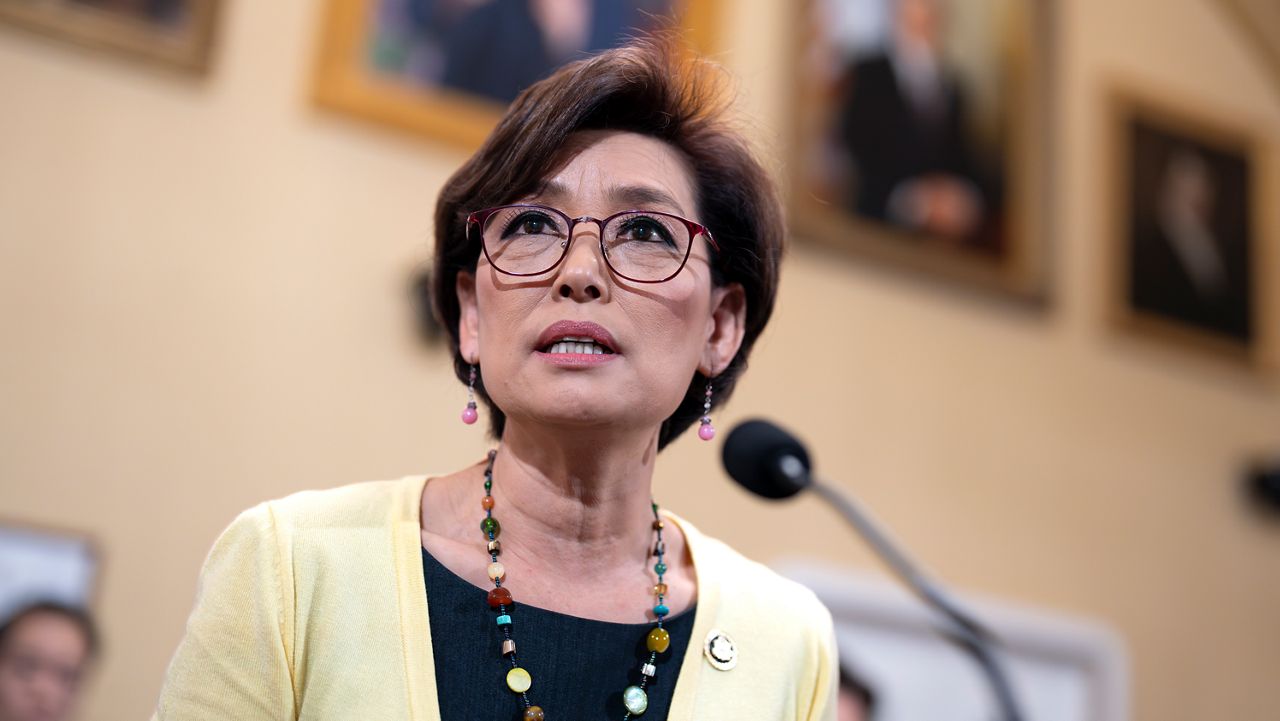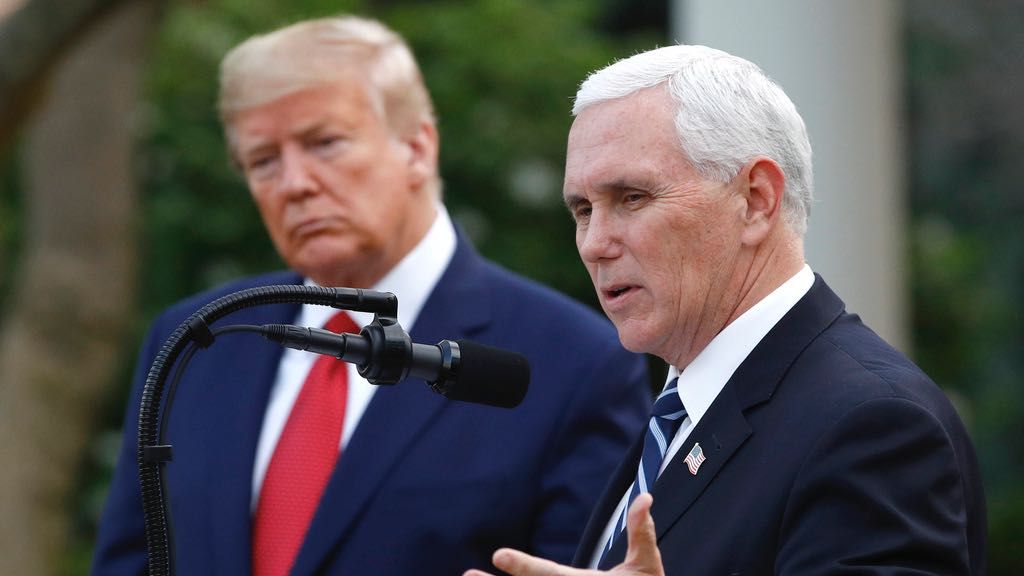In a post on his social media platform on Monday, former President Donald Trump claimed that a protective order requested by federal prosecutors in the criminal case about efforts to overturn the 2020 election would violate his right to free speech.
“No, I shouldn’t have a protective order placed on me because it would impinge upon my right to FREE SPEECH,” Trump wrote on Truth Social on Monday before pivoting to an attack on special counsel Jack Smith and the Justice Department.
“Deranged Jack Smith and the Department of Injustice should, however, because they are illegally ‘leaking’ all over the place!” he claimed, without evidence.
Trump’s statement came with hours to go until the 5 p.m. ET deadline that U.S. District Court Judge Tanya Chutkan to respond to the prosecution’s request for a protection order in the case. Prosecutors requested the order on Friday – one day after Trump pleaded not guilty to four felony charges related to efforts to overturn the 2020 election – after the former president wrote on his social media platform in all-caps: “If you go after me, I’m coming after you!”
In their response, Trump's attorneys called the proposed protective order "overbroad."
"In a trial about First Amendment rights, the government seeks to restrict First Amendment rights," the attorneys for the former president wrote in their filing. "Worse, it does so against its administration’s primary political opponent, during an election season in which the administration, prominent party members, and media allies have campaigned on the indictment and proliferated its false allegations."
One of the conditions of Trump’s release on Thursday was that he would not discuss the facts of the case with witnesses without an attorney present.
Protective orders are common in criminal cases, but prosecutors said it’s “particularly important in this case” because Trump has posted on social media about “witnesses, judges, attorneys, and others associated with legal matters pending against him.”
That's different from a gag order, which would prohibit the defendant and the defense team from talking about the case publicly. One expert said that it's unlikely Trump would be named in such an order.
"It's really complicated, the rules on witness intimidation and also the rules on incitement to violence are very difficult to parse and to apply to specific situations," Paul Schiff Berman, Professor of Law at the George Washington University Law School, told Spectrum News. "My guess is that everyone recognizes that it's both impossible to gag Donald Trump, and also that it starts entering into First Amendment concerns, particularly given that Trump is running for office at the same time that this trial is moving forward."
Prosecutors said they are ready to hand over a “substantial” amount of evidence — “much of which includes sensitive and confidential information” — to Trump’s legal team, but told the judge that if the former president were to begin posting about grand jury transcripts or other evidence provided by the Justice Department, it could have a “harmful chilling effect on witnesses or adversely affect the fair administration of justice in this case.”
"The concern is that once the defendant gets that information, Trump could use it publicly either to pressure witnesses or ... in other way publicize confidential information, and that would be problematic for the administration of justice," Berman said.
In a statement, Trump’s campaign said that the former president’s comments on social media was not attributed to any individual, but rather special interest groups, and was “the definition of political speech.” But Trump has also railed against Vice President Mike Pence, a key witness in the case, Judge Chutkan and, repeatedly, Smith.
“Deranged Jack Smith is going before his number one draft pick, the Judge of his “dreams” (WHO MUST BE RECUSED!), in an attempt to take away my FIRST AMENDMENT RIGHTS,” Trump wrote on Truth Social on Monday. “This, despite the fact that he, the DOJ, and his many Thug prosecutors, are illegally leaking, everything and anything, to the Fake News Media!!!”
Over the weekend, one of Trump’s attorneys said similar and pledged to fight the order.
“The press and the American people in a campaign season have a right to know what the evidence is in this case provided that this evidence is not protected otherwise,” defense attorney John Lauro said on CNN’s “State of the Union” on Sunday. “We’re going to oppose it, as we have.”
Trump has said he's also pursuing a change of venue, musing publicly that jurors in West Virginia would be more fair to him -- an idea which Berman called "absurd" and without legal basis.
The next hearing in Trump’s case is set for Aug. 28.
The Associated Press contributed to this report.









